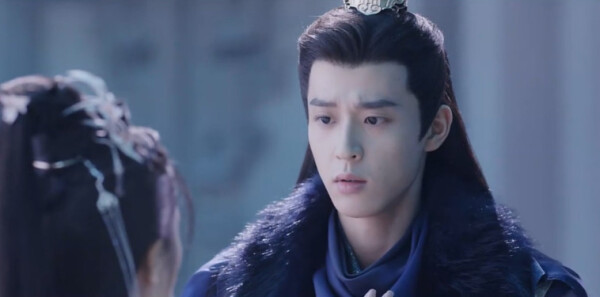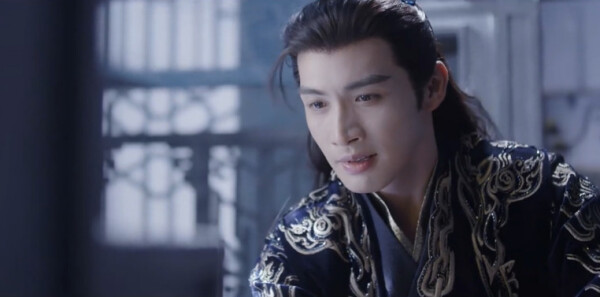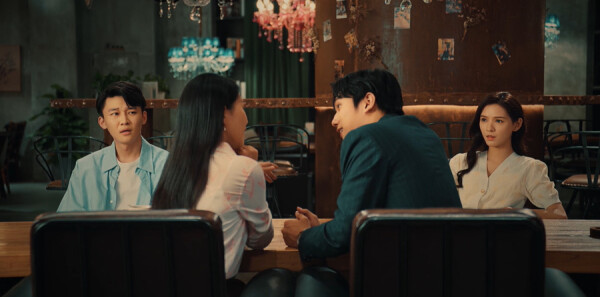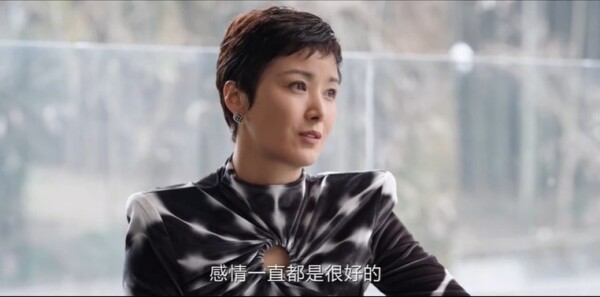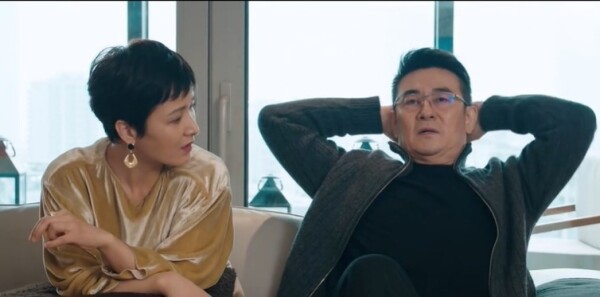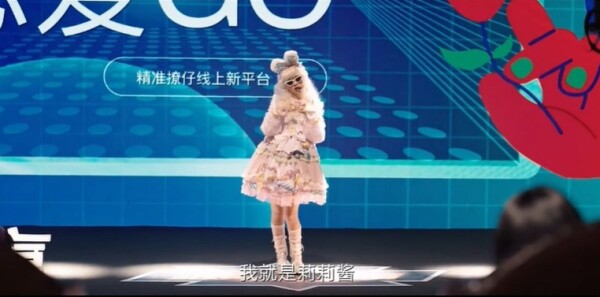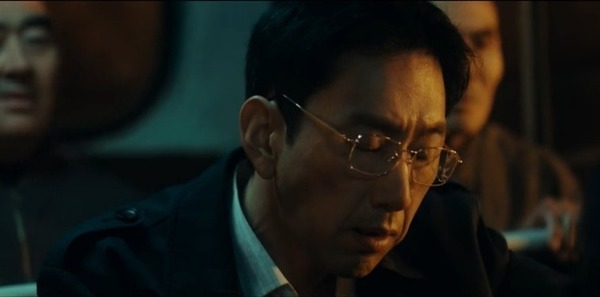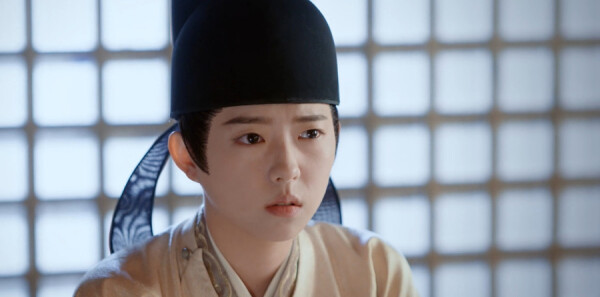Women in Love《An Ironical Equilibrium In Lawrence’s Women In Love》
- 书评
- 2023-03-26 15:31:00
- 78
In his subtle and complex Women in Love Lawrence portrays the evolvement of two romantic relationships of the Brangwen sisters. The tale is divided by the contrasting interactions between two couples: while Gudrun Brangwen succumbs to her sadist lover Gerald Crich her elder sister Ursula ceaselessly strives for supremacy with Rupert Birkin. The dynamic between the latter couple is manifested in their constant arguments over the issue of love. However I sugget that Rupert Birkin and Urusla Brangwen fail to resolve their conflicts through verbal interactions and fall into an inevitable irony.
While Lawrence names his book Women in Love it is possible to summarize the story with one subti
In fact Birkin’s pursuit of an ideal unity of love is constantly defeated in his interactions with Ursula. At the same time Ursula faces emotional paralysis as well. The frustration of their struggle is well represented in Chapter XIII where Urusla determinedly tries to extract loving promises from Birkin.
In order to force Birkin to confront her Ursula deliberately creates a scenario for them to be alone together. This little trick suggests her predetermined insecurity about his affection.
Birkin answers “Best to read the terms of the contract before we sign.”(130)—in fact on their contract of romance the couple have utterly different definitions of the word love. While Birkin tries to explain his mistrust of love itself Ursula interprets it as his incapability to love her. True communication is lost in their back-and-forth conversations over the issue resulting in exhaustion and bafflement:
“I can’t say it is love I have to offer—and it isn’t love I want. It is something much more impersonal and harder—and rarer.”
There was a silence out of which she said:
“you mean you don’t love me?”
She suffered furiously saying that.
….
“…But we want to delude ourselves that love is the root. It isn’t. It is only the branches. The root is beyond love a naked kind of isolation an isolated me that does not meet and mingle and never can.”
“And you mean you can’t love?” she asked in trepidation.
….
“But how do you know—if you have never really loved?” she asked.
“ it is true what I say; there is a beyond in you in me which is further than love beyond the scope as stars are beyond the scope of vision some of them.”
“Then there is no love” cried Ursula.
….
Then she half rose from her chair saying in a final repellent voice:
“Then let me go home—what am I doing here?”
While Birkin gives speeches about his mistrust in love as a “root” of life Ursula simply filters out his logic only focusing on his failure to meet her standard of love. Throughout the conversation she experiences a roller-coaster of feelings: fury trepidation and self-doubt (“what am I doing here?”). Later in the conversation Birkin’s persistence in rational discussions stirs up agitation in Ursula as she mocks him of being “purely selfish” and “conceited”. Although Ursula’s indignation enables her to temporarily overpower Birkin it is essentially a sign of defeat in her persuasion. Having failed in reasoning Ursula is left with no alternatives but to appeal to emotion.
On the part of Birkin it is ironical that his persistence in discussion becomes shaken. When their topic shifts to the physical attraction of love he “began to look at her simply and naturally.” (126). He is aware of her physical appeal to him and is “almost afraid of the mocking recklessness of her splendid face”(131). After Ursula’s outbreak of indignation Birkin gives up communicating with her and sustains conversations only half-heartedly at the same time secretly “chuckled within himself” about her seemingly naïve and destructive sentiments. Although Birkin sets out with a strong intention for communication up to this point he is completely frustrated in his attempt.
In general a split of psyche which exists in Ursula and Birkin has caused complete failure in their communication forbidding spiritual unity of the two persons. The outbreak of negative sentiments reflects their incompatibility as a couple. However the two are able to remain pacific and even a bit playful when their topic switch to marriage. The brief glimpse of harmony suggests: to both characters marriage is a negotiable topic and an attainable state which does not require an absolute equilibrium. The fact that Birkin and Ursula are able to discuss marriage when they fail to discuss love foreshadows the irony of their later marriage.
Irony is also present although more subtly in the episode with Mino the cat. After witnessing a tomcat cuffing a wild female cat Birkin tells Ursula that the cats are “on intimate terms”(127). Quite obviously the couple sees the cats as their doubles: like Birkin lecturing on Ursula Mino the cat tries to establish a relationship with the wild cat by teaching a harmless lesson.
Placed in a passive position like the female cat Ursula accuses the Mino: “I don’t like you. You are a bully like all males.”(127). Out of defence for Mino as well as for himself Birkin responses: “He is not a bully. He is only insisting to the poor stray that she shall acknowledge him as a sort of the wind. I am with him entirely. He wants superfine stability.”(128).
Although Birkin claims to be an advocate for equilibrium and “superfine stability” he still expects Ursula to acknowledge her fate of being submissive in their relationship just like the wild cat who gets hit and played on. Furthermore he fails to acknowledge the fact that Mino is driven by an animal impulse to mate just like he is drawn to Ursula’s biological attractions. When he shows disgust against Gerald Crich’s bullying of a mare he praises Mino’s bullying as an act to “bring this female cat into a pure stable equilibrium a transcendent and abiding rapport with the single male.”(128). Unaware of his hypocrisy Birkin renders this episode ironical.
According to F. H Langman an important thesis of the novel is “the impossibility of a fully satisfying relationship between people placed like Birkin and Ursula in a social and religious vacuum”. Although uninformed of this despairing impossibility Ursula and Birkin are inevitably aware but choose not to acknowledge their incompatibility. As is displayed in the end of the chapter:
She put her arms round his neck. He enfolded her and kiss her subtly murmuring in a subtle voice of love and irony and submission:
“Yes- my love yes - my love. Let love be enough then. I love you then- I love you. I’m bored by the rest.” (132).
Works Cited:
Hobsbaum Philip. A reader’s Guide to D. H. Lawrence. New York: thames and Hudson 1981.
Langman F. H. Critics on D. H Lawrence: readings in Literary Criticism. Ed W. T. Andrew. 81-87
Lawrence D. H. Women in Love. London: Penguin 2002.
本文由作者笔名:小小评论家 于 2023-03-26 15:31:00发表在本站,文章来源于网络,内容仅供娱乐参考,不能盲信。
本文链接: http://www.w2mh.com/show/57651.html
 小小评论家
小小评论家







